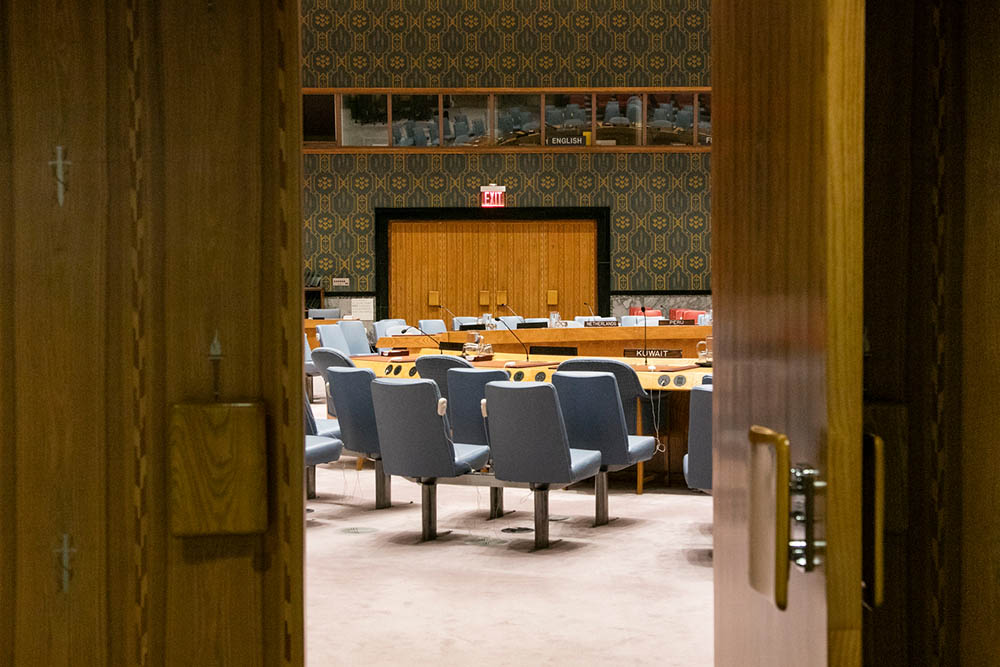The UNIDIR Expert Network on Nuclear Dangers brings together experts to explore various aspects of addressing nuclear dangers through nuclear risk reduction tools and wider arms control and disarmament.
The network provides a platform to explore new ideas and bring fresh, diverse perspectives to the evolving nuclear dangers and is linked to UNIDIR’s work around nuclear risk reduction, nuclear disarmament verification and work on the nuclear dialogue.
Key responsibilities and strategic objectives of the network include:
- Exploring perspectives of nuclear risks and measures to mitigate them alongside network experts from around the world
- Discussing opportunities for broader policy options in nuclear disarmament verification, including verification of the Treaty on the Prohibition of Nuclear Weapons and a future Fissile Material Cutoff Treaty-related agreement
- Promoting and facilitating multilateral cross-regional dialogue on nuclear disarmament, nonproliferation and arms control
The network serves as a mechanism for generating new ideas related to nuclear risk reduction, arms control and disarmament, developing them within the expert community, and presenting them to Member States and other stakeholders.
